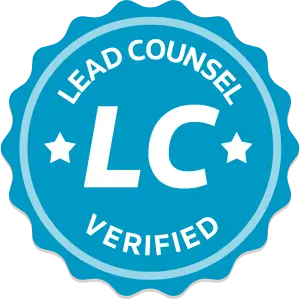




“Dram shop” is a legal term that refers to establishments, such as bars, restaurants, and taverns, that serve alcoholic beverages. In the context of personal injury law, dram shop laws hold these establishments accountable for the harm caused by individuals who become intoxicated at their premises.
Dram shop laws vary from state to state, but they generally impose a duty on alcohol-serving establishments to exercise reasonable care when serving alcohol to their patrons. The purpose of these laws is to discourage the over-service of alcohol and promote responsible alcohol consumption.
In the state of New Jersey, dram shop laws hold alcohol-serving establishments accountable for the harm caused by intoxicated individuals they served. These laws are designed to ensure that establishments exercise responsible alcohol service practices and to protect the public from the consequences of excessive alcohol consumption.
Under New Jersey’s dram shop laws, an alcohol-serving establishment may be held liable if they:
- Serve Alcohol to a Visibly Intoxicated Person: If an establishment continues to serve alcohol to a person who is visibly intoxicated, and that person subsequently causes harm to others due to their intoxication, the establishment may share responsibility for the resulting injuries or damages.
- Serve Alcohol to a Minor: If an establishment serves alcohol to an individual who is below the legal drinking age of 21, and that minor causes harm to themselves or others as a result, the establishment may be held liable for their actions.
To establish a dram shop liability claim in New Jersey, the following elements are typically required:
- Duty of Care: The establishment had a legal duty to refrain from serving alcohol to a visibly intoxicated person or a minor under the age of 21.
- Breach of Duty: The establishment breached this duty by serving alcohol to an already visibly intoxicated person or a minor.
- Causation: The over-service of alcohol directly contributed to the patron’s intoxication and subsequent harm to others.
- Damages: The injured party suffered physical injuries, emotional distress, property damage, or other damages as a result of the intoxicated person’s actions.
It is important to note that New Jersey’s dram shop laws are complex, and the specific requirements and limitations may vary depending on the circumstances of the case. If you believe you have a dram shop claim in New Jersey, it is essential to consult with an experienced personal injury attorney who can provide guidance and representation tailored to the state’s laws and regulations.

